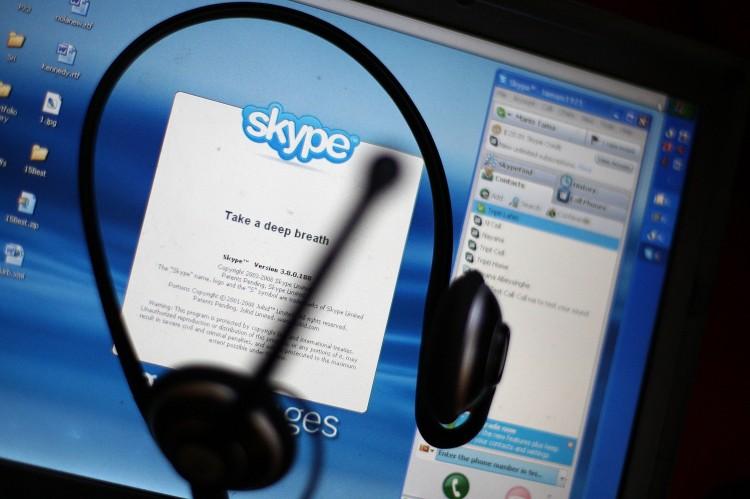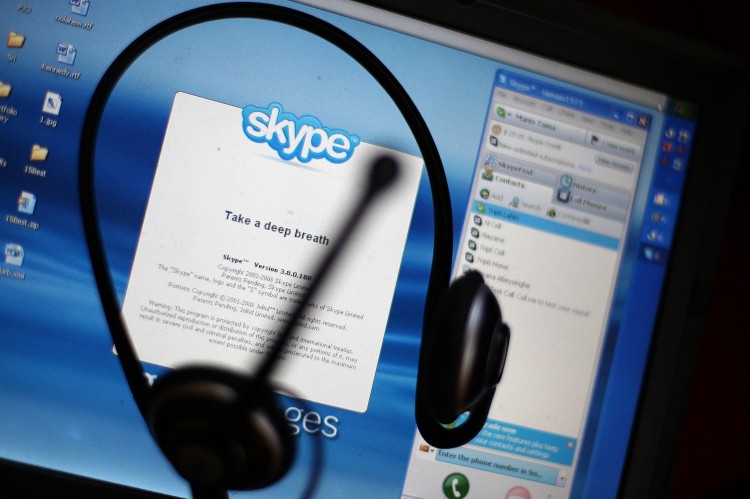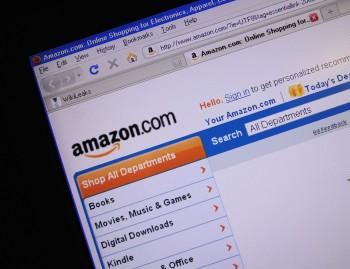Congress Approves Skype VoIP Service with History of Faulty Security
On June 28, the House of Representatives announced that it had enabled its public WiFi network for the use of Voice over IP services Skype and ooVoo to communicate and hold teleconferences.
|Updated:



